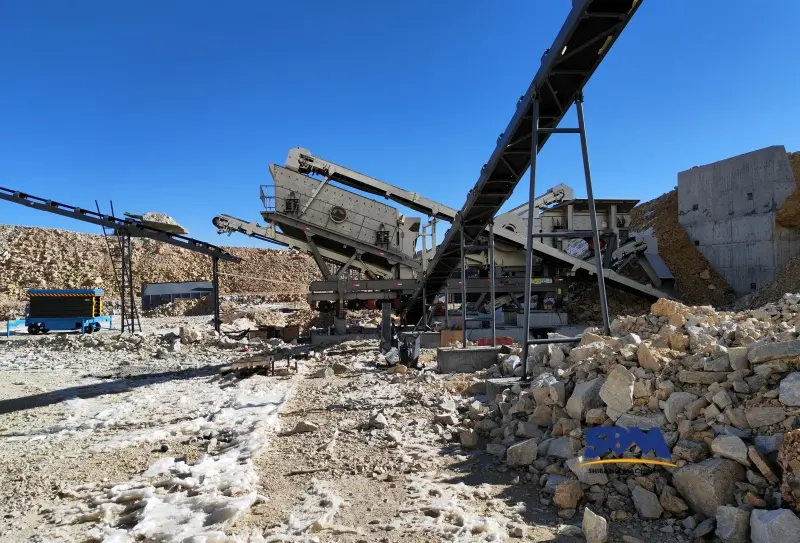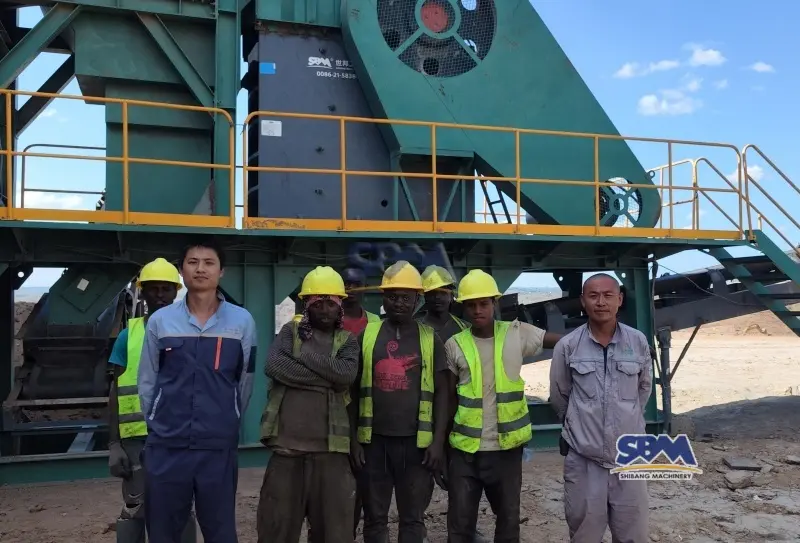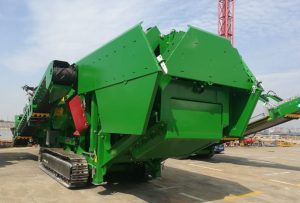Email: [email protected]
What Is The Purpose Of The Small Cone Crusher?
Small cone crusher is scaled-down version of regular cone crushers, commonly referred to as mini cone crushers or compact cone crushers. It is intended to reduce the size of ore and rock for a variety of uses.
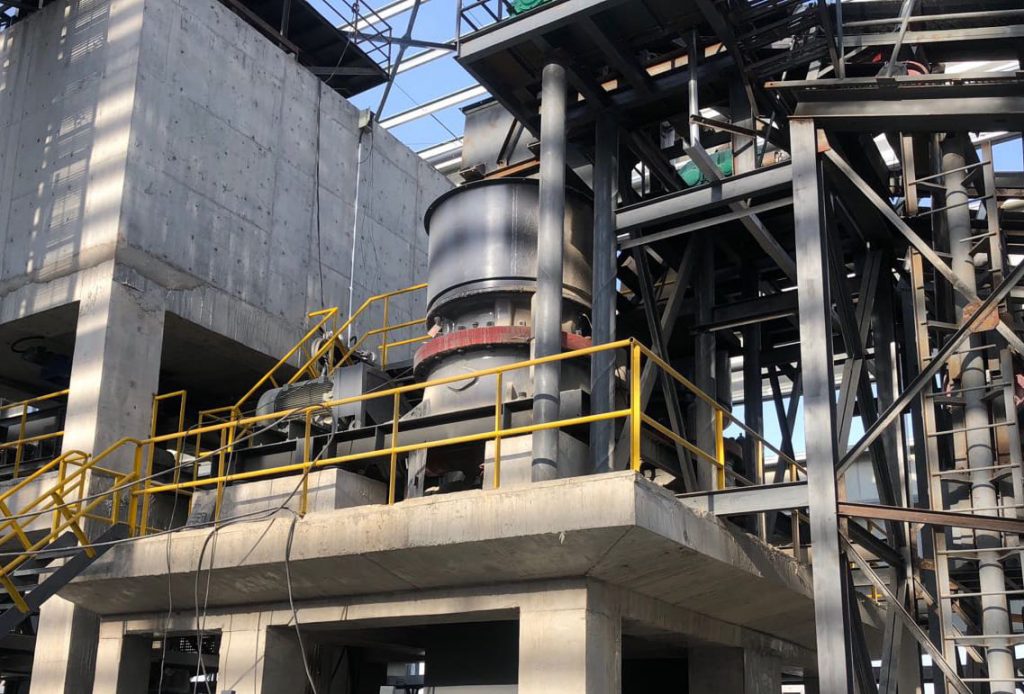
What is the purpose of the small cone crusher?
- Aggregates Production: Construction-related aggregates are produced using small cone crushers. In order to create smaller-sized aggregates for use in concrete, asphalt, and other building applications, they may crush and treat a variety of rocks and stones.
- Mining Operations: For secondary or tertiary crushing of ores and minerals, small cone crushers are used in mining operations. In smaller-scale mining operations, they are frequently utilized as independent equipment or in combination with bigger crushers.
- Recycling: Concrete, asphalt, and demolition waste may all be crushed and processed using small cone crushers in recycling operations. They aid in shrinking recyclable materials so they may be processed or used again.
- Laboratory Testing: For the processing and testing of samples in laboratories, small cone crushers are frequently utilized. They enable scientists and researchers to crush and examine small amounts of materials for a variety of experiments and studies.
- Landscaping and DIY Projects: When crushed pebbles or stones are required for landscaping or do-it-yourself tasks, small cone crushers might be helpful. They can be used to crush the materials for garden borders, paths, or ornamental elements.
What is the key features of the small cone crusher?
- Compact Size: Small cone crushers are made to be portable and small, making them ideal for usage in confined places or on construction sites with little room for movement.
- High Crushing Efficiency: Small cone crushers are made to provide great crushing efficiency despite their modest size. They have strong motors and specially designed crushing chambers to provide effective and efficient material crushing.
- Versatility: Small cone crusher can process a range of materials, including minerals, ores, and rocks that are tough and abrasive. Depending on the application, they are frequently employed for secondary, tertiary, or quaternary crushing stages.
- Adjustable Output Size: The output size of the crushed material may often be adjusted on small cone crushers. This enables the final product to be modified and improved in accordance with particular needs.
What are the dimensions of the small cone crusher?
- Height: A small cone crusher can be anywhere from 1.5 meters (5 feet) to 2.5 meters (8 feet) or even higher in height. This measurement is made when the crusher is fully built and runs from the bottom to the top.
- Width: A small cone crusher’s breadth is normally between 1.5 meters (5 feet) and 2.5 meters (8 feet) or perhaps a little wider. This dimension is measured from the crusher’s widest point, taking into account any auxiliary buildings or parts.
- Length: A tiny cone crusher’s length might change based on its design and configuration. It usually ranges from 3 to 6 meters (10 to 20 feet) in length. This dimension include all conveyor systems and other equipment and extends from the front to the back of the crusher.
What are the advantages of a small cone crusher, compared to a normal or larger size cone crusher?
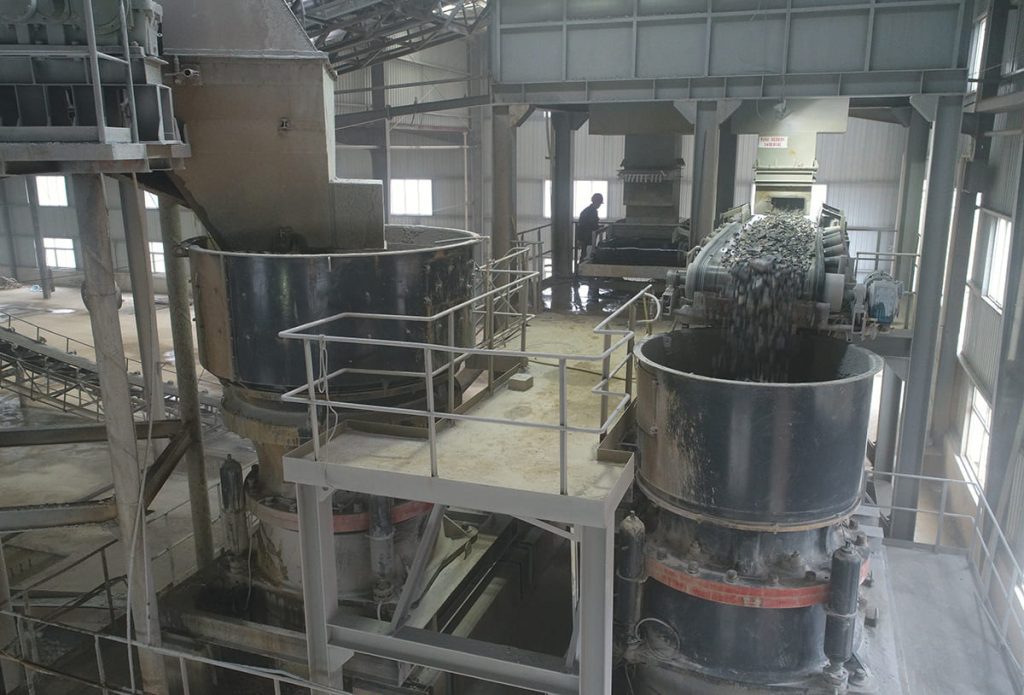
- Compact Size: Small cone crushers can be used in small locations or on construction sites with limited space because of their portable and compact design. They are simple to move around and carry as required.
- Lower Cost: In general, smaller cone crushers are less expensive than bigger ones. They are a cost-effective choice, especially for smaller-scale enterprises or projects with tight budgets, because they have a lower starting cost and could require less investment in infrastructure and support equipment.
- Easy Operation and Maintenance: Small cone crushers are usually made to be easier to operate and maintain. They frequently feature fewer parts and simpler systems, which makes them simpler to use, diagnose, and keep up. This may lead to less downtime and cheaper maintenance.
- Versatility: Small cone crushers are capable of handling a wide range of materials and applications despite their modest size. They are efficient in processing and crushing a wide range of rocks, ores, and minerals. Depending on the needs of the application, small cone crushers can be used for secondary, tertiary, or quaternary crushing stages.
- Energy Efficiency: Compared to bigger cone crushers, small cone crushers often use less power. Energy savings may arise from this, particularly when less material needs to be crushed or while working in off-grid or isolated areas with sparse power supplies.
- Quick Setup and Mobility: Small cone crushers are frequently made to be portable and easy to set up. They can be swiftly deployed and flexible in a variety of tasks because to their ability to be quickly erected, disassembled, and relocated to other job locations.
- Suitable for Smaller-Scale Operations: Smaller-scale businesses like micro-quarries, building projects, or recycling operations are ideally suited for tiny cone crushers. For these applications, they can provide efficient and effective crushing capabilities without the need of bigger, more expensive machinery.
It’s vital to remember that tiny cone crusher may have lesser capacity and throughput than bigger cone crushers. As a result, they are frequently better suited for applications or smaller production numbers where high capacity is not a top need. It is advisable to assess a small cone crusher’s capabilities, characteristics, and appropriateness for the particular application and production requirements.

